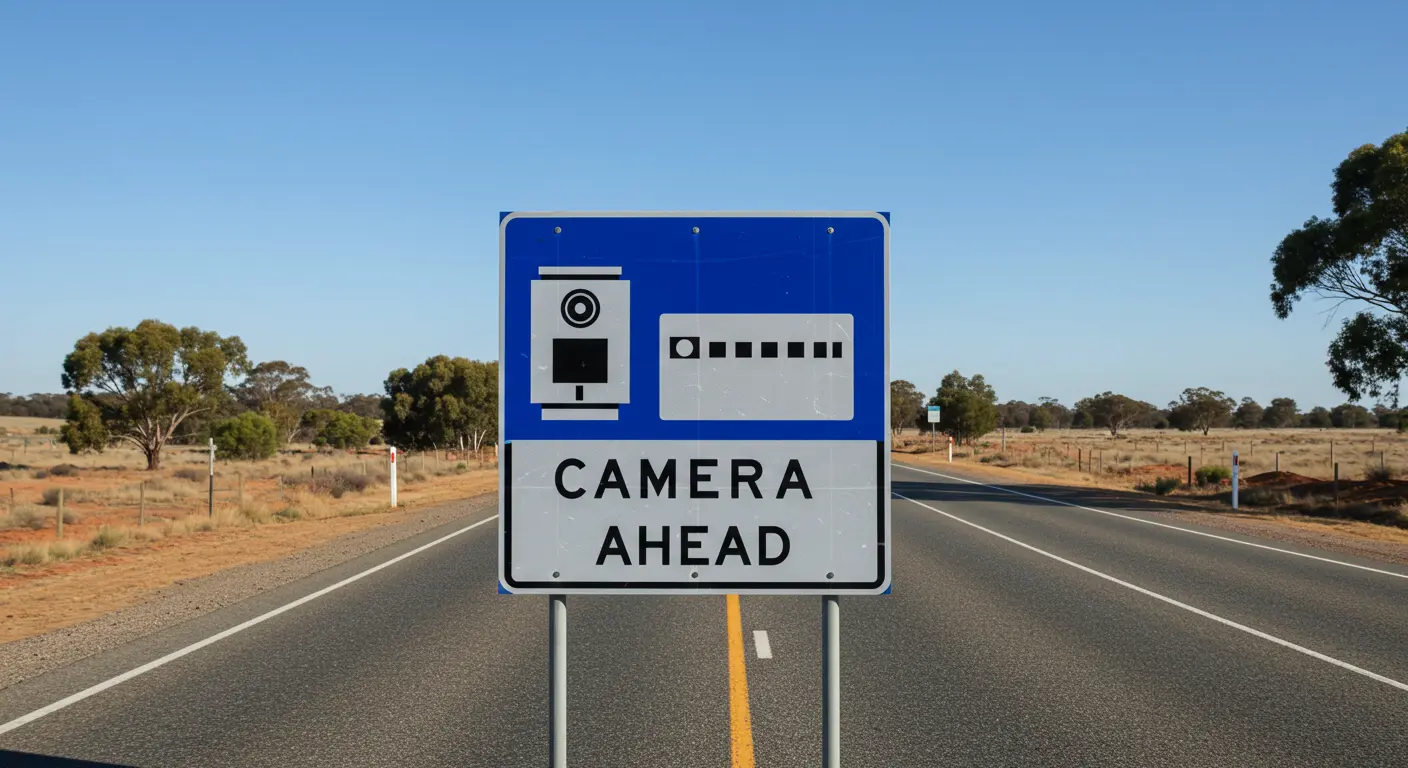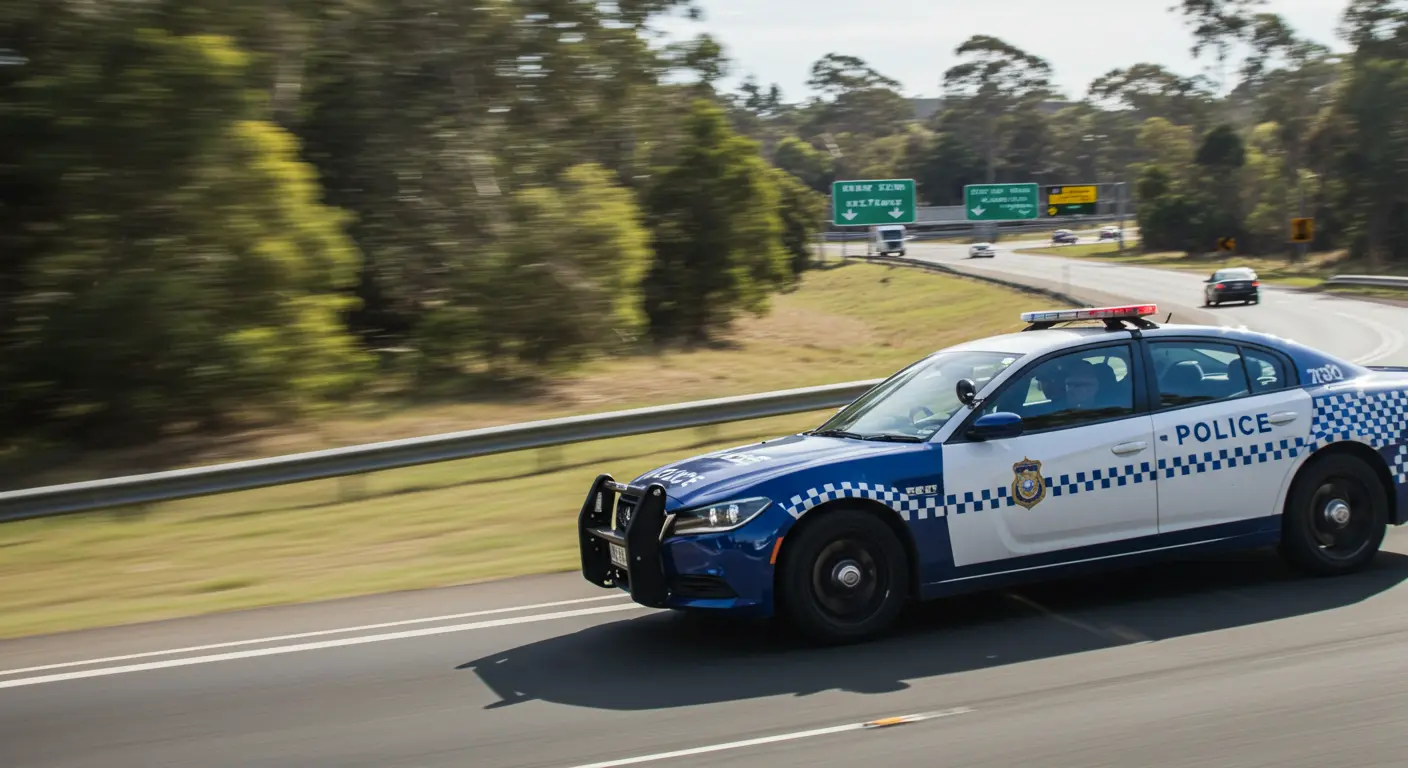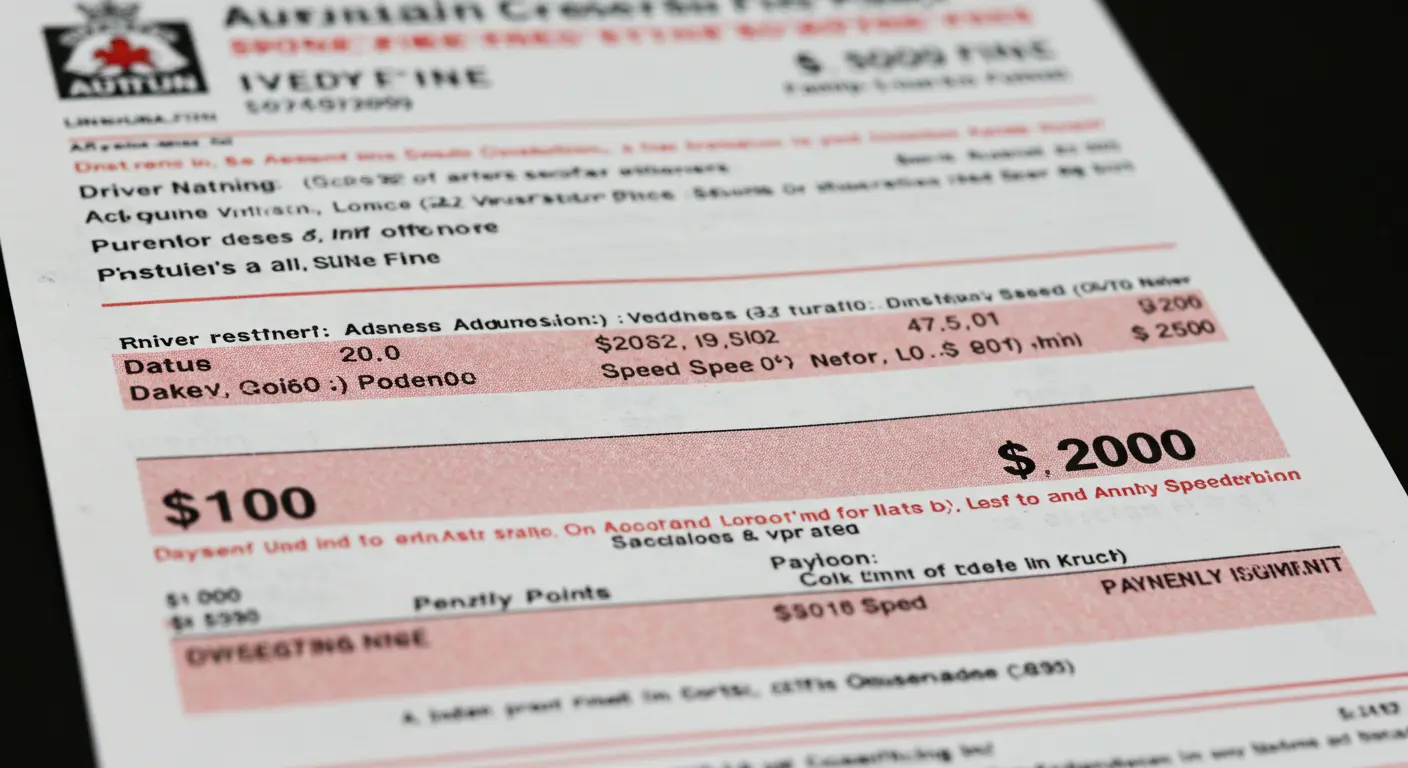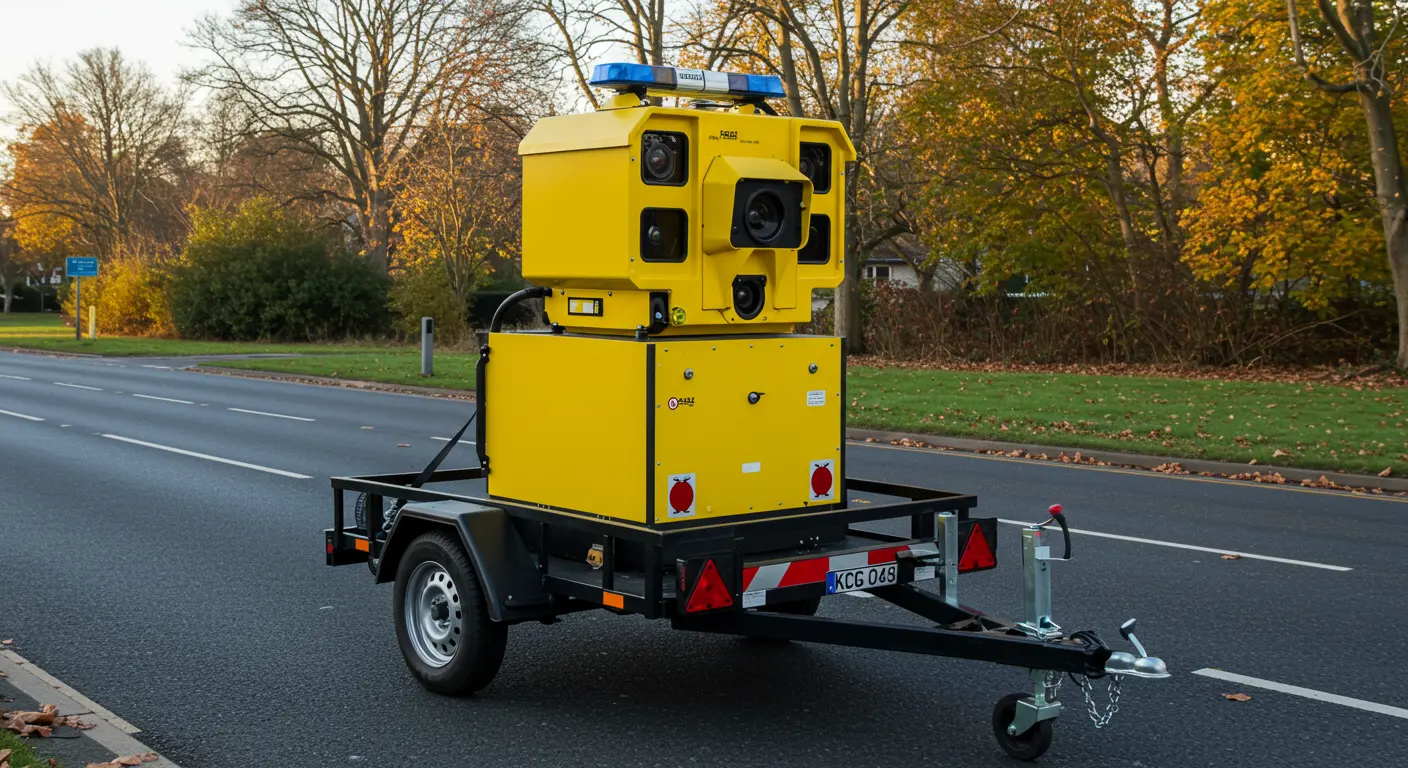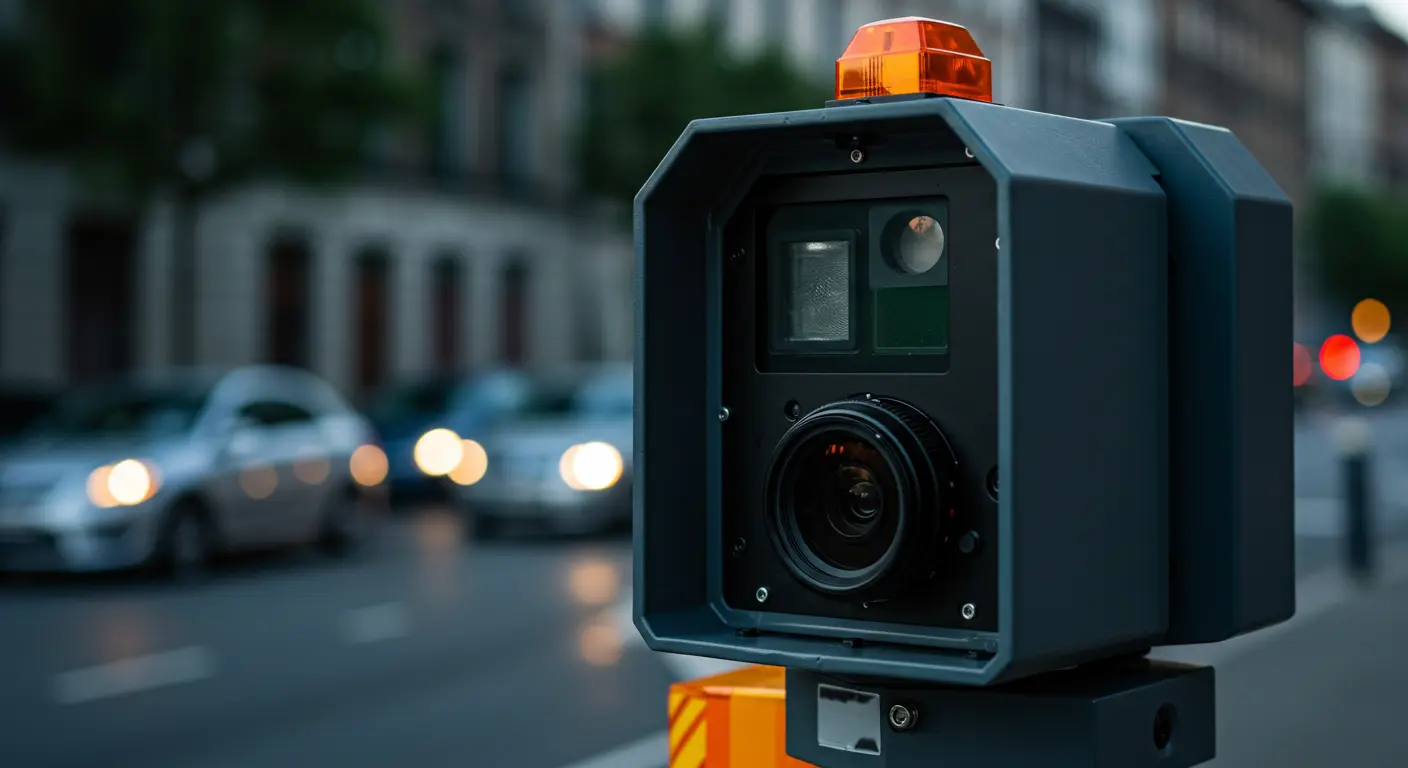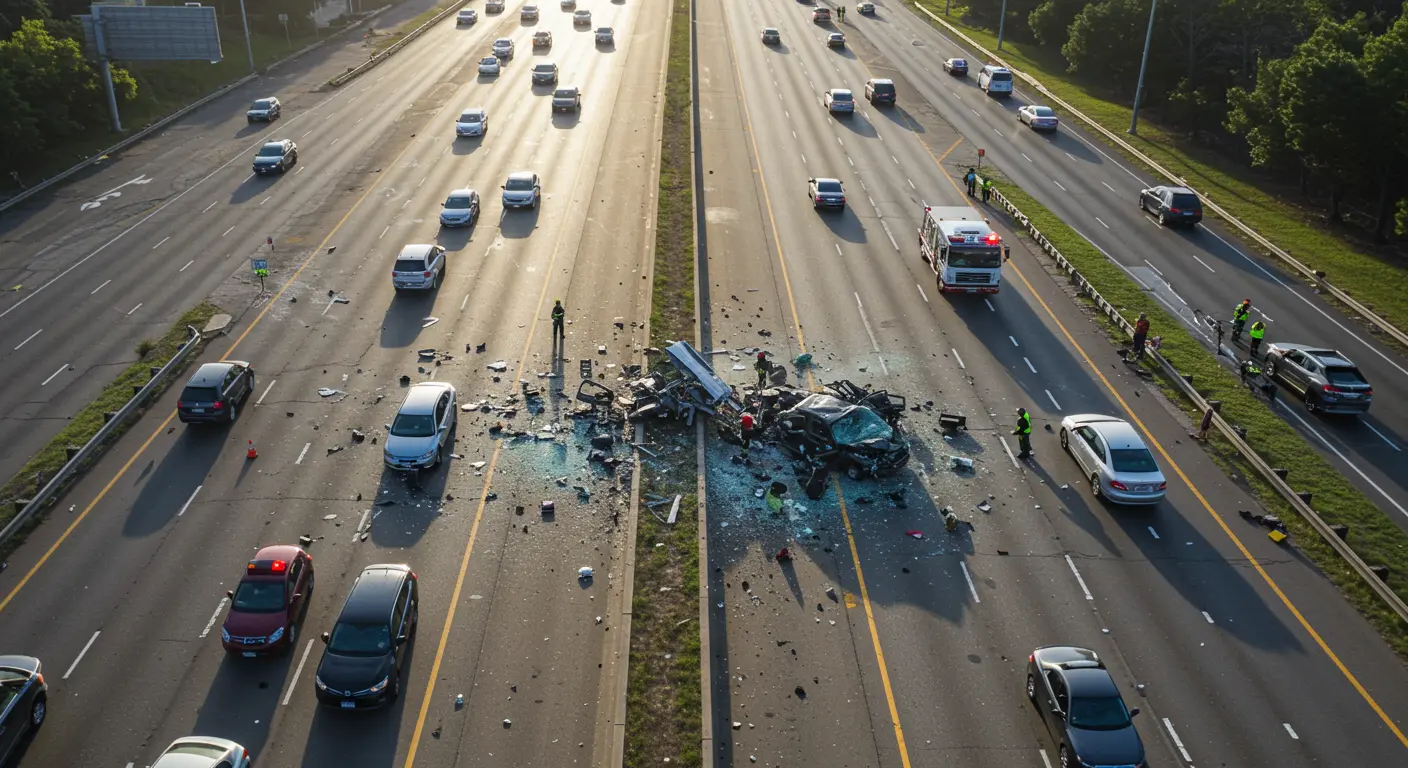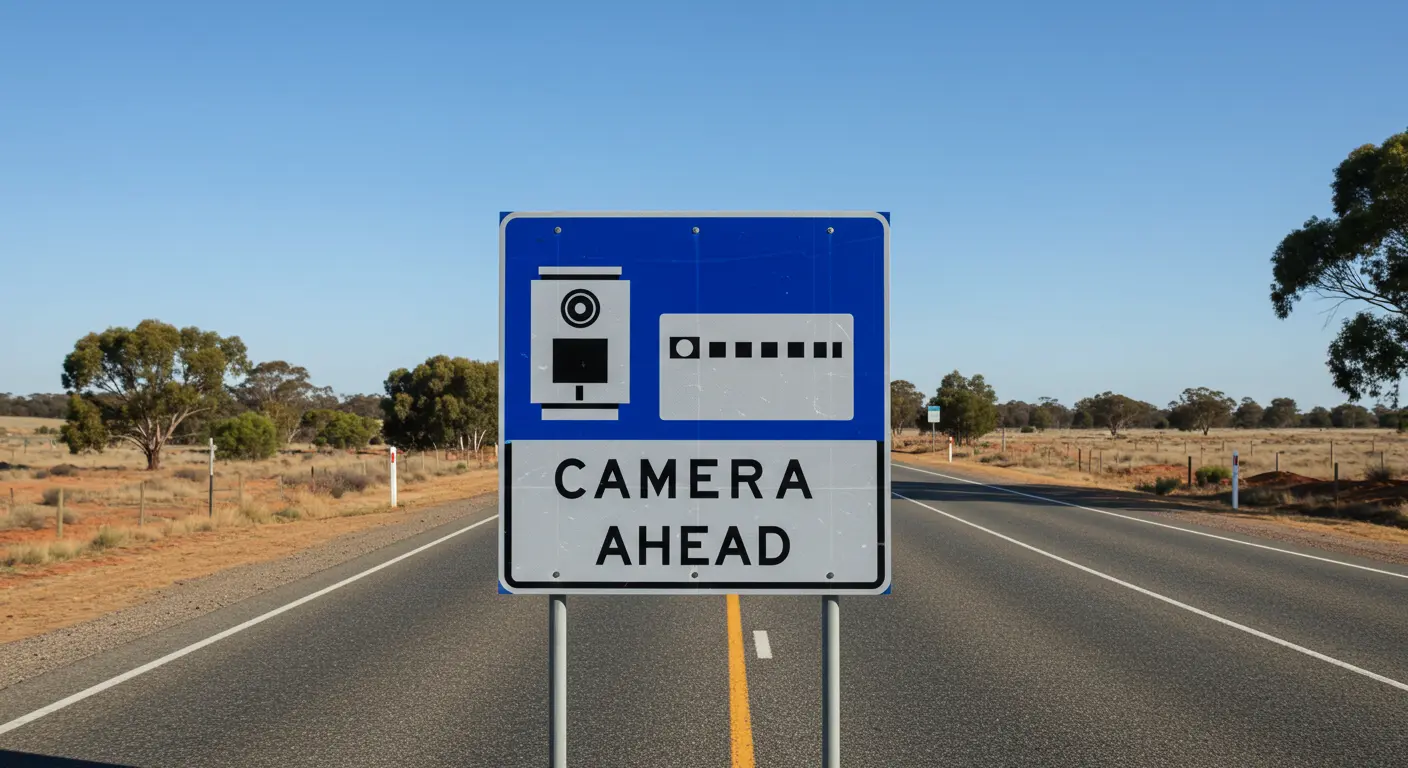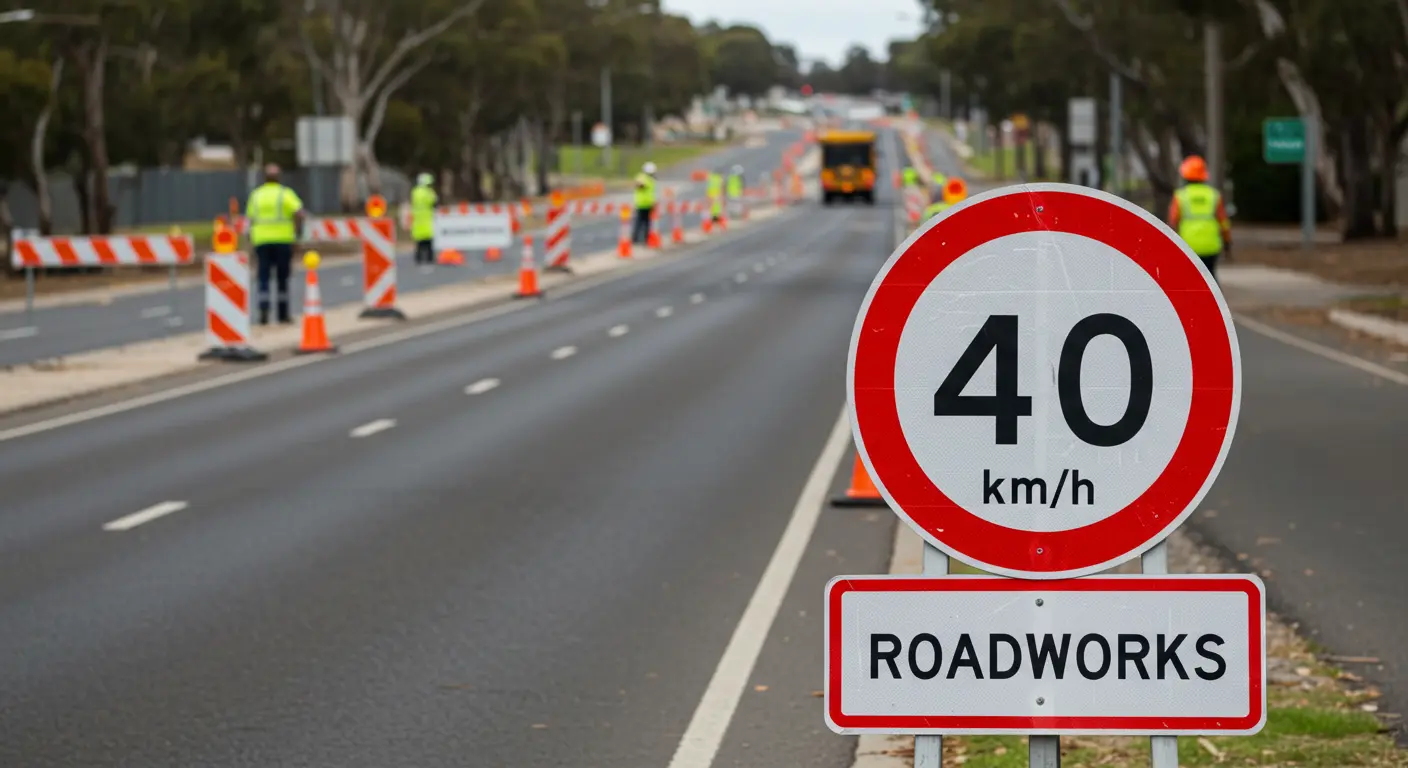New momentum is building behind the idea that NSW should overhaul how it issues speeding fines, with advocates calling for income-based penalties instead of flat-rate fines. The debate was reignited after a new report from The Australia Institute argued that the current fine system is unfair and disproportionately impacts low-income earners.
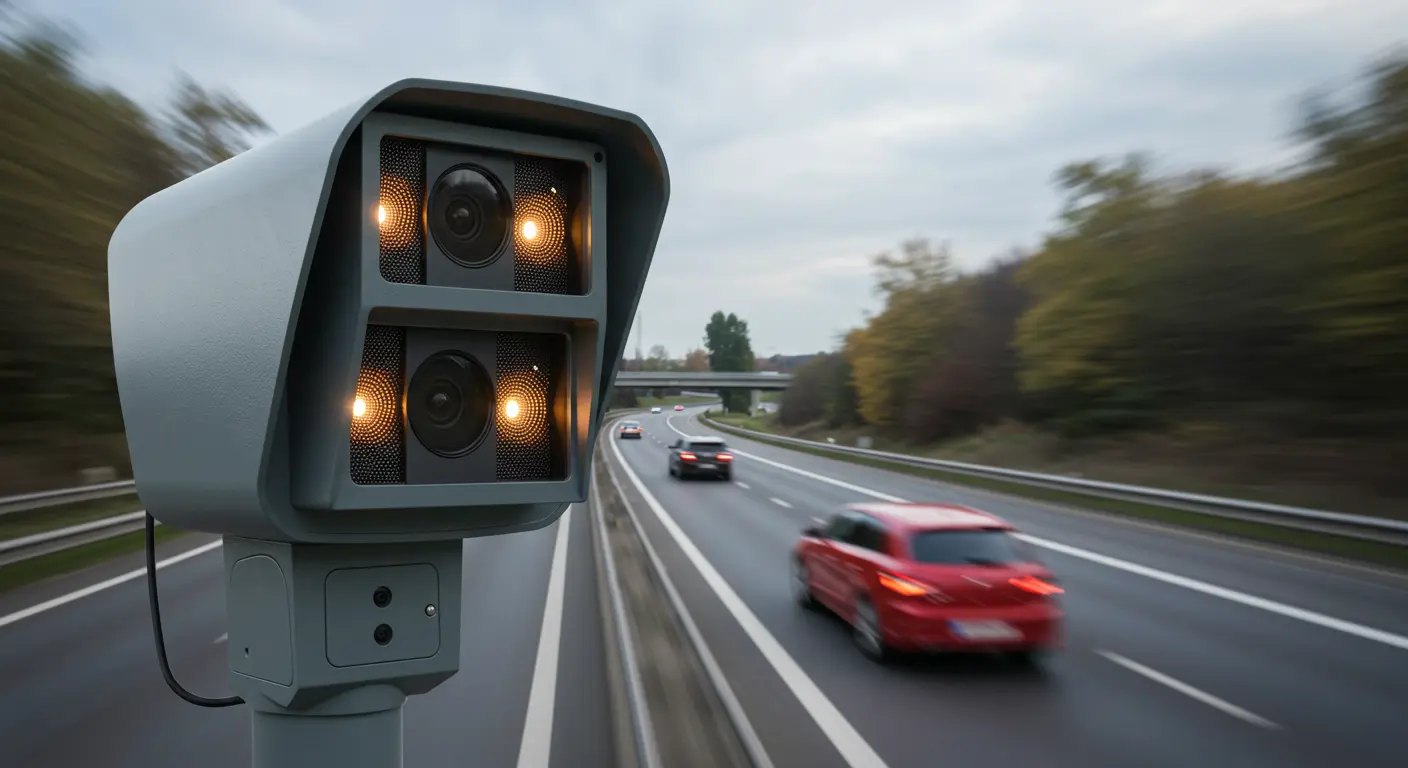
What the Report Says
The Australia Institute's findings highlight that fixed-rate speeding fines, as currently enforced in New South Wales and across Australia, are regressive. The report compared Australia's model with Finland's, where fines are calculated based on a driver’s income and whether they have dependents.
In Finland, a wealthy driver caught speeding may pay tens of thousands of dollars in fines, while someone on a low income may pay less than $40 for a minor offence. The report contends that this model is more equitable and would be fairer for Australians.
Flat Fines vs. Income-Based Fines
Under the current NSW system, speeding fines are levied at a set rate depending on how much a driver exceeds the limit. But critics argue this one-size-fits-all approach ignores people's vastly different financial situations. For low-income drivers, a fine can be financially devastating, while for high-income earners, it's a minor inconvenience.
The report references a troubling case from Western Australia in 2014, where a First Nations woman died in custody due to unpaid fines totaling $1,000. The situation underscored how unpaid traffic fines can snowball into far more serious consequences for those without the means to pay.
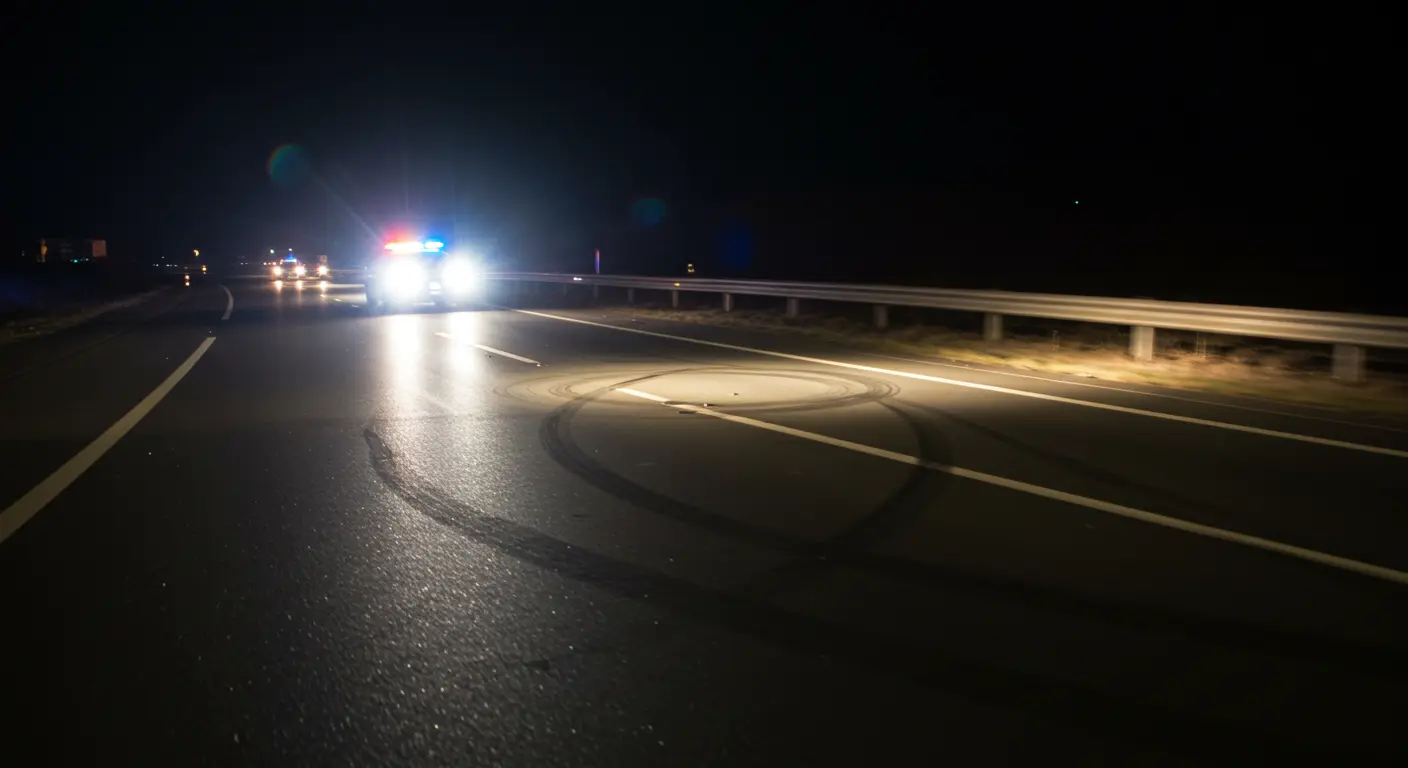
A Push for Fairness
Financial advocates such as Zyl Hovenga-Wauchope from Financial Counselling Victoria are now joining calls for reform in NSW. "In the land of the 'fair go,' it is manifestly unfair that speeding fines are levied at a flat rate," he said.
The report states that under an income-based model, the money collected could still be directed towards road safety projects, avoiding accusations of revenue raising.
Could NSW Lead the Way?
NSW already enforces strict road safety rules with a robust network of mobile speed cameras and demerit point penalties. The proposal to introduce income-based fines could add a new dimension to road enforcement policy.
NSW is not alone in facing calls for reform. Across Australia, advocates for social justice and road safety are encouraging governments to rethink how penalties are applied, with a focus on equity and impact.
What Happens Next
So far, the NSW Government has not committed to the proposed changes. However, the growing conversation around fairness and the cost-of-living crisis could place pressure on state leaders to act.
The Australia Institute recommends that if proportional fines are adopted, any new system should include transparency, a clear appeal process, and ring-fenced revenue for road safety improvements.
As the 2025 election looms, speeding fines and broader road safety policy may yet become a hot-button issue in NSW.
